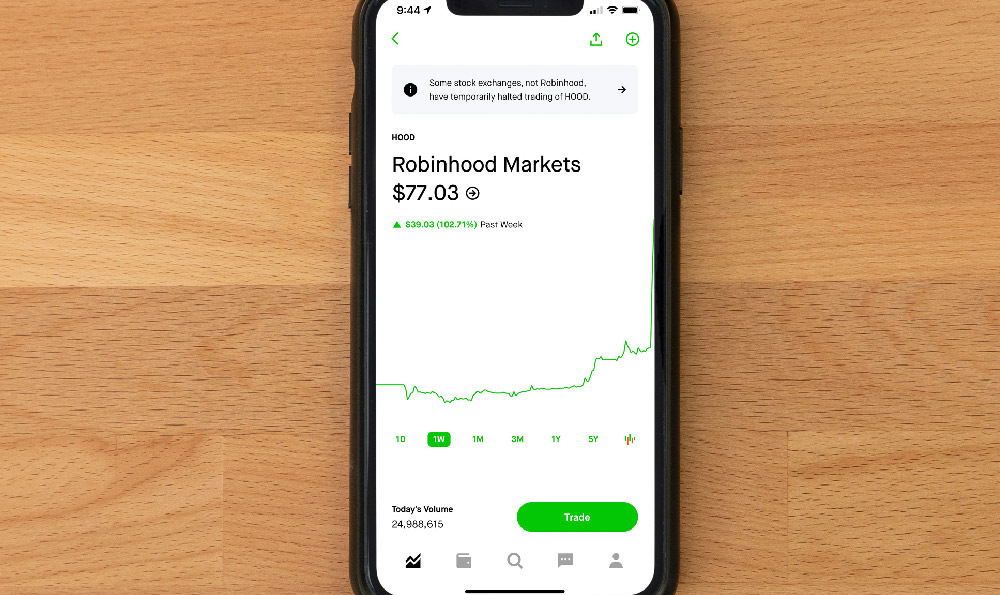Underwater welding is a highly specialized and demanding profession, often shrouded in intrigue due to its challenging nature and perceived high earning potential. While the allure of a lucrative salary is certainly present, understanding the true compensation landscape requires a nuanced approach, considering factors beyond simply the hourly rate. The actual earnings of an underwater welder can vary considerably based on experience, location, type of project, certification, and the employer.
Let's delve into the factors influencing an underwater welder's salary. Experience, unsurprisingly, plays a crucial role. Entry-level underwater welders, typically fresh out of training programs and holding basic certifications, can expect to earn significantly less than seasoned professionals with years of experience and advanced certifications. These experienced welders often possess a deep understanding of various welding techniques, underwater environments, and safety protocols, making them invaluable assets to any project. Their ability to troubleshoot problems, adapt to changing conditions, and consistently deliver high-quality work justifies a higher compensation package.
Location is another significant determinant of salary. Underwater welding jobs are often concentrated in specific geographic areas, driven by offshore oil and gas exploration, marine construction, and salvage operations. Regions with a high demand for underwater welders, such as the Gulf of Mexico, the North Sea, and Southeast Asia, tend to offer more competitive salaries to attract and retain skilled workers. Conversely, areas with fewer underwater welding opportunities may see lower wages due to increased competition. The cost of living in these locations also factors into the overall compensation package. A higher salary in a region with a high cost of living might not translate to a significantly better standard of living compared to a lower salary in a more affordable area.

The type of project significantly impacts earning potential. Underwater welding is utilized in a wide range of applications, from repairing pipelines and offshore platforms to constructing underwater habitats and conducting salvage operations. Projects involving hazardous environments, complex welding techniques, or extended periods of time spent underwater typically command higher pay rates due to the increased risk and specialized skills required. For instance, working on a deep-sea oil rig repair would generally be more lucrative than welding on a bridge support in a relatively shallow river. The duration of the project also influences earnings. Longer projects, particularly those requiring living and working at remote locations, often offer higher daily or weekly rates to compensate for the time away from home and potential disruptions to personal life.
Certifications are indispensable for underwater welders, not only for demonstrating competence but also for enhancing earning potential. Recognized certifications, such as those from the American Welding Society (AWS) or the International Marine Contractors Association (IMCA), validate a welder's skills and knowledge, making them more attractive to employers. Advanced certifications in specific welding techniques or underwater inspection methods can further increase earning potential, as these specialized skills are highly sought after in certain industries. Furthermore, certifications often serve as a prerequisite for working on specific types of projects or with certain employers, effectively opening doors to higher-paying opportunities. Maintaining valid certifications requires ongoing training and recertification, which represents an investment in one's career and earning potential.
The employer also plays a crucial role in determining salary. Large multinational companies involved in offshore oil and gas exploration or marine construction typically have more resources to offer competitive salaries and benefits packages compared to smaller independent contractors. Government agencies or research institutions involved in underwater research or infrastructure projects may also offer attractive compensation packages, particularly for welders with specialized skills and experience. Unionized underwater welders often benefit from collective bargaining agreements that guarantee minimum wage rates, benefits, and working conditions. Researching potential employers and comparing their compensation packages is an essential step in maximizing earning potential.
Beyond the base salary, underwater welders often receive additional benefits, such as hazard pay, diving pay, per diem allowances, health insurance, and retirement plans. Hazard pay is typically awarded for working in dangerous environments or performing hazardous tasks, such as welding in contaminated water or handling explosive materials. Diving pay compensates welders for the risks associated with diving and the time spent underwater. Per diem allowances cover the cost of meals and lodging while working away from home. A comprehensive benefits package can significantly enhance the overall value of a compensation package, providing financial security and peace of mind.
While the potential for high earnings exists, it's crucial to acknowledge the inherent risks and challenges associated with underwater welding. The work is physically demanding, requiring strength, stamina, and excellent swimming skills. Underwater welders often face challenging environmental conditions, such as low visibility, strong currents, and extreme temperatures. The risk of decompression sickness (the bends), electrocution, and other diving-related injuries is ever-present. Furthermore, the work can be mentally stressful, requiring focus, precision, and the ability to remain calm under pressure. A thorough understanding of these challenges is essential for anyone considering a career in underwater welding.
Finally, consider the investment in training and equipment. Underwater welding training programs can be expensive, and the cost of diving equipment, welding equipment, and safety gear can quickly add up. It's important to factor in these costs when evaluating the potential return on investment of a career in underwater welding. Thorough research, careful planning, and a realistic assessment of one's abilities and tolerance for risk are essential for success in this demanding but potentially rewarding profession. While the exact amount an underwater welder can earn is variable, with the right skills, experience, and certifications, a comfortable and financially secure career is certainly attainable.











